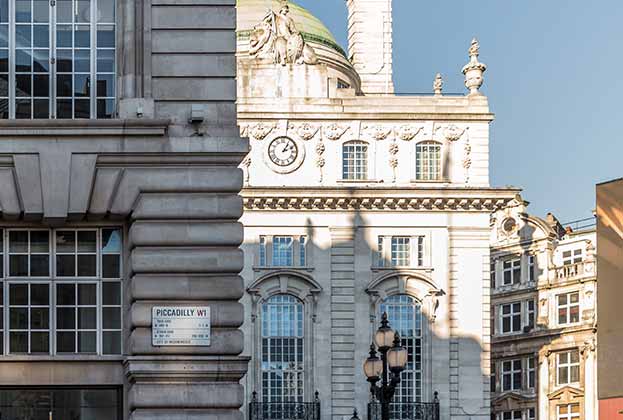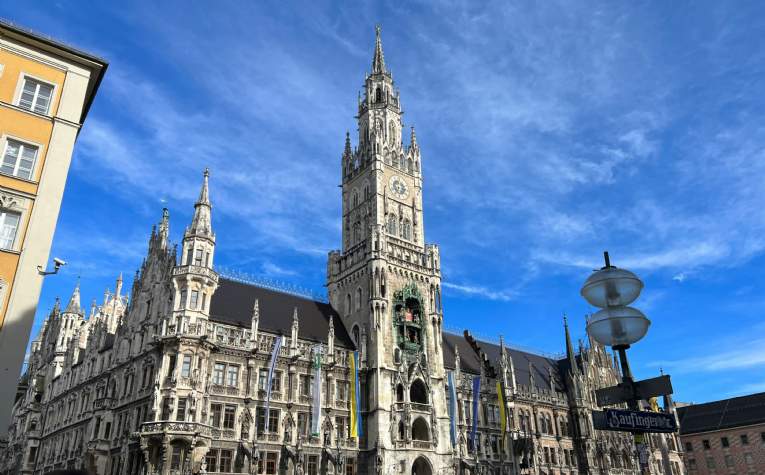Across advanced economies, huge monetary and fiscal stimuli launched by governments around the world in response to the pandemic initially protected household incomes and kept many businesses afloat during 2020
Medical advances and adaptations in working practices subsequently enabled more business sectors to re-open in 2021. Consumer demand for durable goods soared as restrictions on socialising and travel lingered, fuelling a rapid rebound in global trade and booming commodity prices. Despite modest levels of domestic government support and weaker public health outcomes, many emerging market economises grew as they sought to produce the goods to meet this demand.
Strong global economic growth should continue in 2022, alongside a rebalancing of demand towards a more sustainable path. The general consensus is that policy action limited Covid-19’s long-term economic impact. So despite growth accelerating towards 6 per cent in 2021, there’s still plenty of room for the global economy to recover towards the pre-pandemic trend, particularly in those sectors where the virus had the biggest impact.
The private sector is increasingly expected to drive this growth in 2022. Underlying conditions remain generally supportive – household balance sheets are healthy, employment is rising, and business investment intentions are up. The IMF forecasts global economic growth of 4.4 per cent in 2022, down from 2021, but higher than the 3.5 per cent in the decade leading up the pandemic.
But volatility abounds. These forecasts are predicated on a return to a stable or normal environment; few would say that the current environment is normal, with the balance of risks skewed to the downside.
Growth is already slowing from a cyclical peak, making the scale and timing of stimulus withdrawal a significant challenge for policymakers. The rebalancing of demand should help to alleviate supply-chain pressures, and there is little evidence that a wage-price spiral is developing, suggesting inflation will ease without the need for overly zealous policy tightening.
But inflation is just one of several risks for global growth. Others include sovereign and corporate debt, the Chinese real estate sector and geopolitical tensions. Elevated risk taking behaviour, which has conspired to drive up valuations of risky assets, could exacerbate any policy mistake or other negative shock through financial markets.
Covid-19 also remains on the near-term horizon. Continual medical advancements will help dampen the economic impact, but Omicron highlights the frailties of concentrating vaccine rollout largely in higher income economies. Covid-19 requires a global solution. A more equitable distribution of vaccines will make it more manageable and support a rebalancing in the global economic recovery, support an acceleration in domestic demand across lower income economies and help reduce inequality.
Sign up to Savills The week in review newsletter, examining the key developments in the global economy, here.

.jpg)





.jpg)


